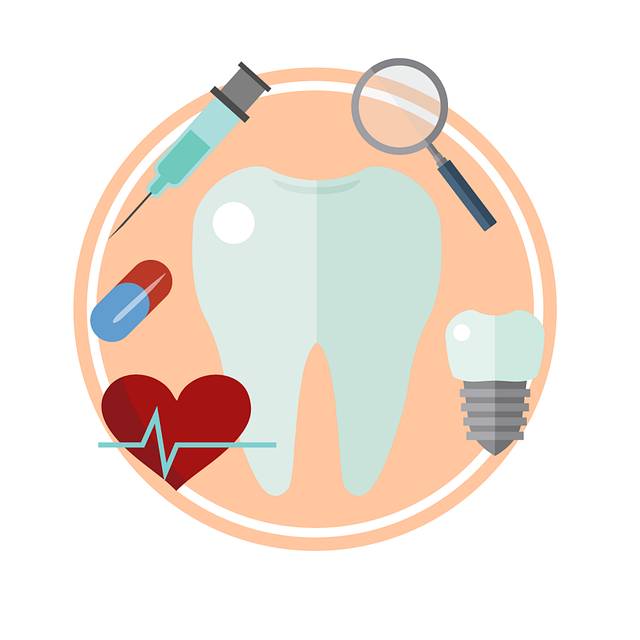On the whole, the dental implants Turkey procedure is a relatively long one, involving a number of procedures that take place over the course of several months, with lots of healing in between.
Since oral surgery will be involved, there are a few steps you’ll want to take in preparation for your dental implant surgery, both when it comes to preparing yourself for the surgical procedures themselves, and to ensure the best possible outcome from the healing process afterwards.
Before you come to Turkey for your dental implant surgery you’ll be taken through everything you need to know when it comes to preparing for your procedure, and your surgeon will likewise tell you everything you need to know to help yourself through the healing process while you’re there. In the meantime though, the following is a broad guide to what you should do to ensure you’re fully prepared for a successful dental implant surgery.


Undergo a Thorough Evaluation
By undergoing a thorough and comprehensive dental evaluation, your dentist will be able to establish whether or not you’re going to be well suited to dental implants. While most people will be, there will be instances where some patients unfortunately aren’t, and the examination can help your dentist to establish the facts and either create an appropriate treatment plan or find a good alternative going forward. There are a number of ways you’ll be evaluated by your dentist, including a visual exam, x-rays, and by studying your medical history. With the information collected by your dentist, the following will be considered or determined:- Alternatives may be required if you’re allergic to any dental materials or anesthetic
- Antibiotics may be required before each procedure if you’re found to have a suppressed or weakened immune system
- If you’re determined to be healthy enough, then it may be possible for the implant and abutment to both be placed during the same procedure. In some cases, it may even be possible to fit the crown too, however this is extremely rare.
- In cases where there isn’t sufficient jawbone mass available, a bone graft will need to be performed
- If you’re taking any prescribed medications that could have an adverse effect on the success of the procedure, then the treatment plan will need to be adjusted accordingly
If Necessary, Begin on a Course of Antibiotics
Anyone who’s been in receipt of an organ transplant or a medical implant may require immunosuppressant medications to help prevent the transplants or implants from being attacked by the body. If you’re on immunosuppressant medications for this reason, then it’s important that you take antibiotics to help provide a substitute immune system. Additionally, if you’ve any chronic conditions then you must also take antibiotics both before and after your dental implant surgery.Get Yourself Prepared for the Surgery
Since general an aesthesia will be used for your dental implant surgery, it’ll be necessary to fast for no fewer than 12 hours in the lead up to your procedure. Furthermore, ensure you’re wearing comfortable and loose fitting clothing. This will only help the procedure to go more smoothly.If Necessary, Work Will Need to be Done on the Jaw in Preparation
If the jawbone needs to undergo some work in order to fully support the dental implant, then one of the following additional procedures will need to be undertaken to improve its structure:- If your jaw is overly bulky or large, then some of the bone mass will need to be removed
- The jaw may need to be reshaped or smoothed out
- If the jaw doesn’t have enough mass to support the implant then a bone graft will be required, typically using bone from the back of the jaw or the chin
- Any impacted teeth inside the jaw will need to be removed
Make Sure You’re Prepared for Plenty of Downtime and all Necessary Aftercare
A fair amount of swelling and bruising can be expected following each step of the dental implant procedure, so plenty of rest and relaxation will be on the agenda. In order to provide yourself with the most comfortable and stress-free healing process possible, ensure you’ve arranged adequate time away from work and got yourself everything you’ll need so you won’t have to go out. Consider taking the following actions:- Arrange at least 2 days away from work
- Stock up on soft foods prior to your surgery
- Stock up on pain medications prior to your surgery
- If you have any children or pets, ask a friend or family member if they can look after them for the time being
- Avoid any strenuous exercise
- Arrange a light schedule for at least the first week that follows your surgery
Being Well Prepared Will Affect the Outcome of your Surgery
How well you prepare for your recovery will ultimately play a huge part in the overall success of your dental implant surgery. While all of this may seem like a lot to remember, your dentist will be able to walk you through everything in detail, and will be by your side every step of the way to ensure you have all the tools you need at your disposal, and to make sure your dental implant surgery procedure and recovery go ahead free from any stress or complications.
Leave a Comment
